
On Black & Highly Flavored, co-hosts Derek Kirk and Tamara Celeste shine a light on the need-to-know movers and shakers of our food & beverage industry.
Listen NowPopular on Food52
Continue After Advertisement
59 Comments
Etta L.
February 6, 2024
Two important things to remember to be safe in any kitchen...every knife is sharp, and every pan is hot. Also, let people who can't see you know where you are as you approach, " Behind you on your left." Keeps you from wearing a lot of hot food. And...make sure your knife is fully on the cutting board. Do not let any part of the knife hang over the edge...that's an accident waiting to happen.
Jasmine S.
October 6, 2017
Thanks for sharing your information. I am a newbie in this industry just 3days of intern ongoing in a restaurant. i am finding it quite difficult to adjust with the environment. I mean I dont really know much and I am just watching the chefs whole days and I no actual works to be done. Could you give me some tips? thank you
C S.
October 9, 2017
Jump in! Don't wait to be given a task, ask for them. Be positive, be helpful, ask questions. Smart questions. Most cooks want someone willing to do whatever needs to be done, even if that means chopping parsley or offering to wash up stuff. Just keep going!
Laura415
June 3, 2016
Having worked with a number of chefs who were teaching classes in a pro kitchen I'd say working clean is the number one thing. It increases efficiency and makes it easy for the chef to see that everything is prepared and ready for service or the class as it applied here. That and if you are trailing a chef then being observant and trying to anticipate the chefs needs. They love that.
I keep a tiny galley kitchen clean and shipshape so I can cook for larger groups and parties at my place. I'd never be able to manage it without cleaning as I go. Not to mention that, at home, if I clean up as I go it makes the after party clean up so much less arduous.
I keep a tiny galley kitchen clean and shipshape so I can cook for larger groups and parties at my place. I'd never be able to manage it without cleaning as I go. Not to mention that, at home, if I clean up as I go it makes the after party clean up so much less arduous.
tinabeans
August 12, 2015
I'm curious how you got started staging! Did you literally have to knock on the back doors of kitchens? How did you decide which restaurants to contact? I ask because I'm thinking of doing a project where I work in various kitchens around NYC for a year, and write about my experiences. :)
Morgan W.
July 7, 2015
it's "whetstone".
Sean R.
June 3, 2016
If we're going to split hairs, some people refer to Japanese water stones as "wet", versus sharpening stones that are lubricated with oil (or nothing at all) as "whet". I've always found the distinction interesting.
Steven B.
December 5, 2018
If splitting hairs, those Japanese stones are called water stones, but not wetstones by anyone who knows what he is talking about. They are wet when you put water on them, but they are not called wetstones to distinguish them from oil stones by anyone who knows what he's got. When people say "wetstone", do they spell it to you so you know they are not calling them "whetstones"? It's interesting actually that you have always found that distinction.
Chris H.
July 7, 2015
2 hours to make a family meal...I'm jealous. In my first kitchen job, I had to fit it in with all my other prep. Luckily I was able to use leftovers from brunch...but it was still hell.
frizz
October 12, 2014
I am not sure what the other glowing comments are about; this seems like a lot of words to say, "ooh, look at me, I cut shallots at a restaurant." The rest is common sense. Prepare, be clean, and learn.
rachiti
October 12, 2014
Not sure what I was supposed to take away from this...it does not translate well to a domestic setting. It feels forced. When one has to wash all of the implements by hand, re-using bowls, measuring cups etc. IS more efficient as long as you're selective. Also, with limited space to stack dirty dishes, the stack of dirty dishes would soon necessitate stopping everything to load the dishwasher. As for writing things down - this article overlooked the most basic - note changes to YOUR recipes each time you make something differently and it works better.
The only useful tip in here involves sharpening one's knives. I don't know how many people I've encountered who are afraid of a sharp knife when a sharp knife is what prevents injury time and again.
The only useful tip in here involves sharpening one's knives. I don't know how many people I've encountered who are afraid of a sharp knife when a sharp knife is what prevents injury time and again.
Gina P.
September 25, 2014
Great read! Any advice on starting to stage? Currently in culinary school, and I've heard of people literally walking up to the back door of the kitchen and asking to stage for them. It this actually a legit approach?
Wes
September 25, 2014
That's what I did...go for it! When i did it I worked for free and most chefs will take free labor especially since you're in culinary school.
C S.
September 25, 2014
I targeted a chef who does exactly the kind of fare that I wanted to do. Went in, spoke with a server, left my card & contact info then called the next day and left a message. He called me back for a phone interview, met in person the next day and started on the line the following day. It does happen! Most important advice I can share is go after a chef who can really teach you what you want to learn. And remember that culinary school only teaches you so much.
Catherine L.
October 12, 2014
Carolyne and Wes have it right -- find a restaurant that you truly admire, do you research on it so you know its cuisine, then go in person and see if you can speak to someone about staging. Most places are very receptive; if not, ask them if they know any other restaurants that are open to that sort of thing!
Cinnamin
September 23, 2014
Loved reading this! It's nice to know the dynamics of a real kitchen. Interesting.
Deborah1654
September 22, 2014
So what's the trick for perfect hash browns?
Catherine L.
October 12, 2014
Slice the potatoes thinly (I did it in a robocoup), rinse them to get the starch off, then lay them in an even, thin layer on a ripping hot griddle covered in clarified butter. Put a weight on top (something even, like a sheet pan), then wait until the bottom is crisp and brown. Turn, weigh it down again -- there you go!
Gao A.
January 27, 2015
I am sorry to say, Deborah, but if you serve what Ms Lamb has described and call the hash browns, be prepared to be snickered at. The above is what people who actually cook food call a potato galette. Not to mention that if you decide to squash all the fluffiness out of your poor hash browns, they will be anything but 'perfect'. Then again, her advice comes from someone who 'sliced shallots into a paste'. I can only imagine that she was asked to this as well as asked to get the dehydrated water from dry stores and fetch the dough repair kit. I have ground shallots into a paste in a mortar and pestle, but I cannot recall a single time I was tasked with 'slicing' anything 'into a paste' nor do I think it is even possible to do so. Just saying...
Deborah1654
January 28, 2015
Wow Gao, although I agree the method Catherine suggested isn't what would be considered traditional hash browns, I'm sure the finished dish is delicious. I never dine with or cook for people who would "snicker" at a meal that someone prepared for them no matter what they called the dish. I"M just sayin'....
Todd S.
July 8, 2015
Thank you Deborah. You got it before I did. If it takes anyone 4 hours to do a quart of anything I would kick them out in 2.
Maddalen
September 22, 2014
I dated a chef when I was in my early 20s, and learned both a lot about the back of the house and about working with and respect for ingredients. During a transit strike, I took the dishwasher post at the bistro where he cheffed. It was nonstop and exhausting - all had to be done by hand - but it was a great experience: you're an essential part of a team. Working clean is great advice for a home kitchen - it takes less than a minute to rinse a plastic cutting board and a knife and then give the knife a few swiptes with a steel. The two main things I learned from the chef I dated were not to be afraid of ANY food - just dig your hands in! - and not to rush. Do things RIGHT, and speed will come.
grace D.
September 22, 2014
'Work clean' is by far my favourite and most valuable lesson learnt when working in the kitchen, especially if working around a large team as it's always obvious when someone is making a mess. This is such a great article, wish I saw this before I started along time ago, would have saved me some major mistakes haha! I think another important lesson is to drink lots of water, sounds silly but with the heat, noise and pace of a kitchen I always forget to drink and it makes me more angry, slow and impatient with things (3 things you do NOT want to add to your cooking)!
Luke
September 22, 2014
As a professional cook myself most of these points are second nature to me. However, they are good tips for home cooks and life in general. You should work clean no matter what you do, it reduces stress and helps you achieve your task much more quickly. Weather it be cooking or filing paperwork. Organization is the key to low stress work. "Work clean" applies to your physical work area but also to your mind. Keeping tasks organized in your brain is how cooks and chefs are able to prep many things at once and sell tickets as quickly as possible on the line. An organized cook is never in the weeds because we know what's working, when the ticket came in and how long it will take to sell it. As far as maintaining your tools, again this doesn't just mean knives and spatulas it also means your body. If you're going to be on your feet for 12 hours a day or more, you logically want to take care of your feet, knees and back. If you are handling sharp knives and assembling dishes with your hands, use good knife technique and keep your hands clean. That said, I have cuts and burns all over. This will happen in a professional kitchen! Take them in stride, sanitize your tools and work surface and don't make that mistake again. Take care of yourself and accept knowledge freely understand that we all make mistakes (even chefs) and it's not the end of the world if you screw up. Lastly, never use a dull knife. If you cant slice a tomato with your chef knife effortlessly it's too dull and you deserve to get that gnarly cut.
janet V.
September 21, 2014
I noticed most of the comments about this article were positive, but I have to say that when I read this I thought to myself, "This is exactly why I don't work in a restaurant." Cooking to me is too enjoyable to be stressed about the very things you encountered. My friends always say to me, "You should open a restaurant, or at least work in one." I say to them, "No thanks, I enjoy cooking too much for that, and besides, my customers are always happy because the meal is free. That said, thanks for sharing some useful tips even for us happy home cooks.
bart
September 22, 2014
Wise decision.. You cannot compare home cooking with professional kitchen.
Friends dont complain because they like it or because its for free? Try cooking top culinairy dishes and charge big money to the bored millionairs who are your customers. You'll get complains you never held for possible. Cooking at home is free of obligations, high expectence and stress. Boring....
Friends dont complain because they like it or because its for free? Try cooking top culinairy dishes and charge big money to the bored millionairs who are your customers. You'll get complains you never held for possible. Cooking at home is free of obligations, high expectence and stress. Boring....
rachiti
October 12, 2014
Bart - Your friends and family must be rather boring. Cooking at home is not free of obligation, high expectation or stress. Yes, the stress factor is less because I finish cooking when I finish cooking even if it takes more time than anticipated but that is all. If you cook for yourself and others with discerning palettes then there are high expectations. After the first bite of a new dish or one where we altered the recipe we usually use...we always take the time to assess the dish. I note any changes in order to always aim for even more satisfying versions of everything we cook. My husband and I actually stopped dining out because the quality of food was so often sub-part. These days the only exception we make is for a single steakhouse which dry ages their steaks & uses a proper old-school grill (my husband knows the type...he used to work repairing catering equipment). Aside from this one location, I have yet to be impressed by another's cooking in a very long time. It's not worth my time to go out for potentially mediocre food when our home cooking is superior and completely customized to our palettes.
Letty F.
September 21, 2014
30 years back of house me agrees to all of the above... This list of 5 lessons learned, complete with your descriptions, could be handed to every new hire in a kitchen. Great post.
C S.
September 21, 2014
I believe that being open to learn and no excuses go together! While working with a chef on a catering job recently, I was assigned a task. I thought it was taking me forever and felt badly! So i asked the chef if there was a more efficient way to perform it. His answer was that I was doing it just as he would - and i was doing it quickly! So never be afraid to ask for better, more efficient ways to perform. And then accept that maybe you should trust yourself too!
Borrowed S.
September 21, 2014
I'm starting a two week stage tomorrow! This is a great article for a newbie!
steven
September 21, 2014
I wish everyone I'd worked with understood that last one. I learned it early on and its greatly improved my value in all of my chef's eyes. Just say sorry and don't do it again; and don't get your feelings hurt when everybody teases you about whatever stupid thing you did. I always remember the rules from Wedding Crashers, "No excuses, play like a champion"
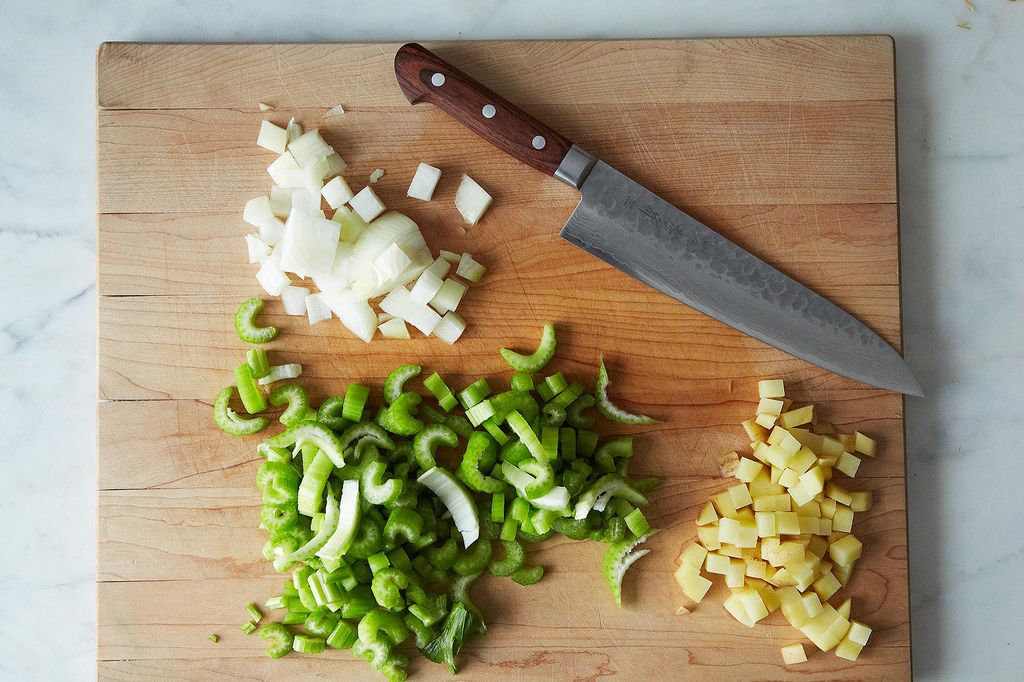
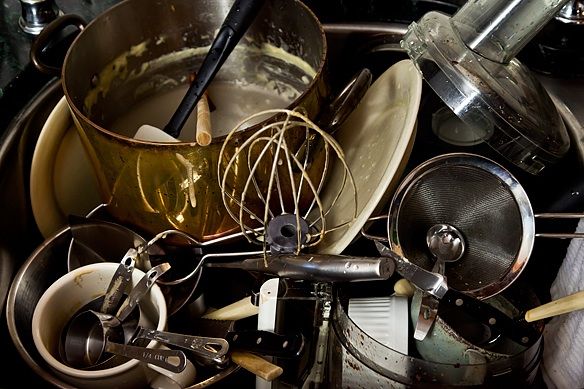
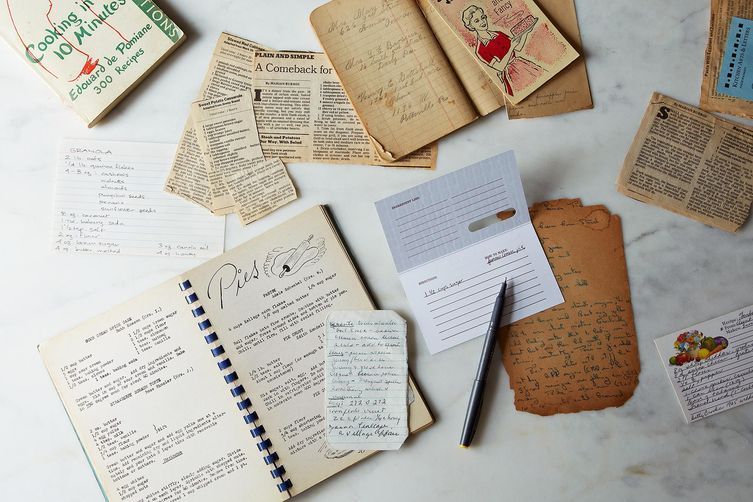
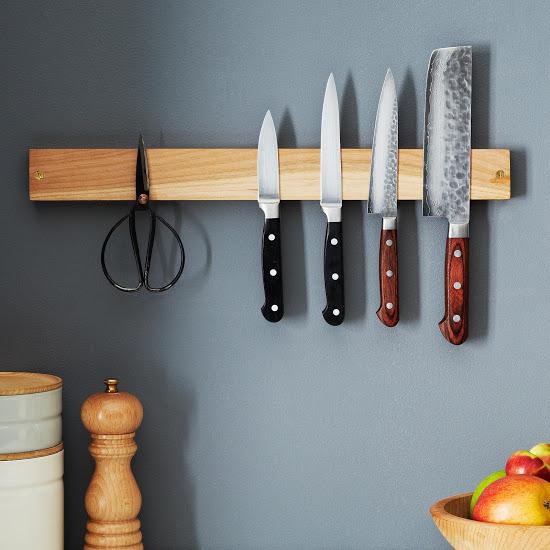
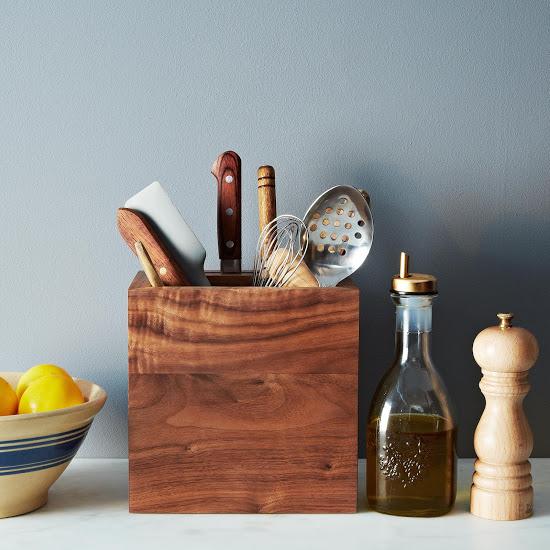
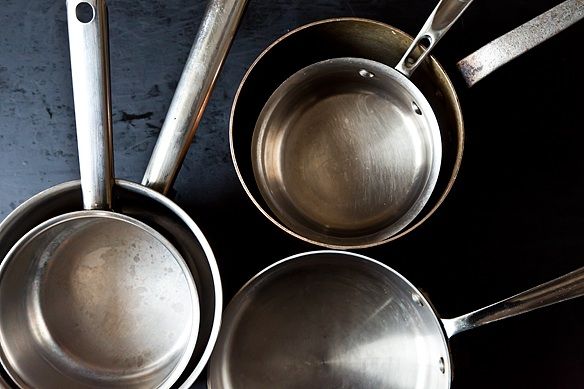
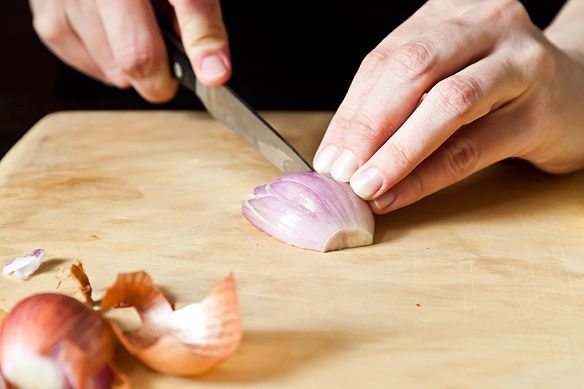

See what other Food52 readers are saying.